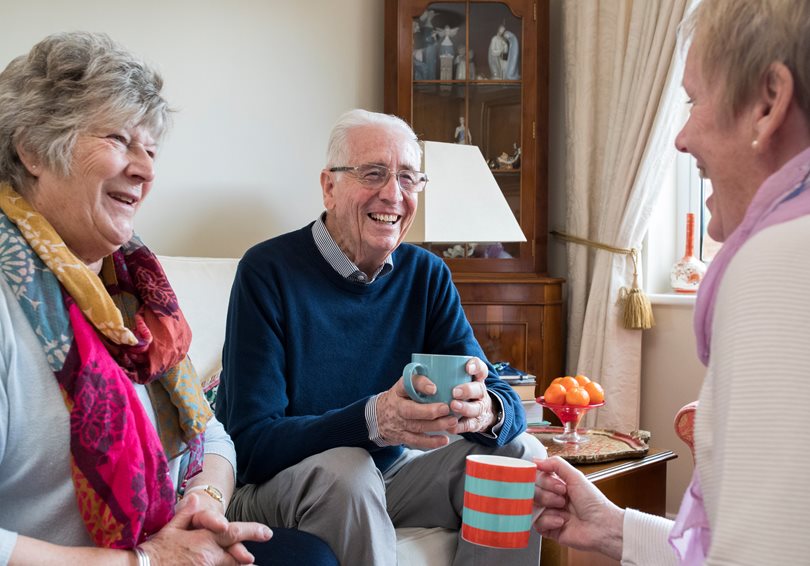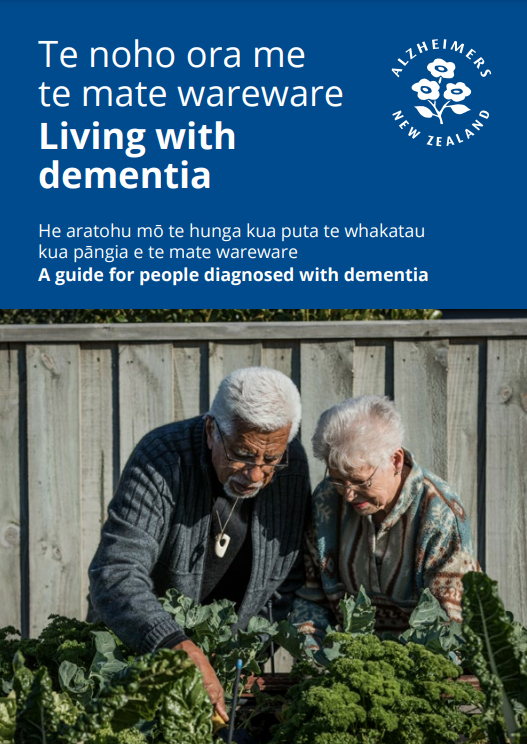Te noho ora me ō tohu – Managing your symptoms
Each person with dementia has different symptoms to manage.

Memory loss is the most common symptom of dementia. Often it is ongoing problems with memory that first prompt a visit to the doctor and lead to a diagnosis of dementia.
Memory loss with dementia means you may clearly remember events from years ago but may not recall some very recent events or information. You might also have trouble keeping track of time, people and places.
Some days your memory might work pretty well, but you might struggle on other days. This is all very normal for people diagnosed with dementia.
Make notes
Keeping a diary or writing important things down can help you remember things you need to remember. Use whatever works for you – such as a paper notebook, your phone or tablet.
You might want to keep a note of:
- appointments or a ‘to do’ list
- important phone numbers – your own, numbers you might need in an emergency or numbers others can call if you need help
- names and photos of people you see regularly – add their names to the photos as well their relationship to you, such as if they’re a friend or a member of your family
- your address and a map showing where your home is
- a record of what you do during your day so you can look back on it
- any thoughts or ideas you want to hold onto.
Use reminders
Other reminders you can use to help you manage your day-to-day activities could include:
- putting up a whiteboard or pinboard in a prominent place, such as the kitchen, and using it to write up important things to remember for the day or week
- a using your mobile phone or other mobile devices to set reminders – there are a lot of new applications to assist with this. Ask at a phone/technology shop or maybe your whānau or friends can help with this if required
- a having a list of important and frequently used phone numbers by the phone – include emergency numbers
- a labelling cupboards and drawers with words or pictures that describe what’s in them – such as dishes, cutlery, pots, spices
- a having a special place for important items, such as your mobile phone, reading glasses, wallet and medication, and always returning them there
- a marking off the days on the calendar to keep track of the date
- a asking family, friends and whānau to ring just before they visit as an extra reminder, and so you know who to expect.
-

Booklet: Living with dementia
A guide for people diagnosed with dementia
This booklet is written for people who have been diagnosed with dementia to give you information and to help you continue to live well.
The booklet suggests ways to look after yourself including how to adjust to change and managing your day, as well as working, driving, keeping involved and active and planning for the future.

